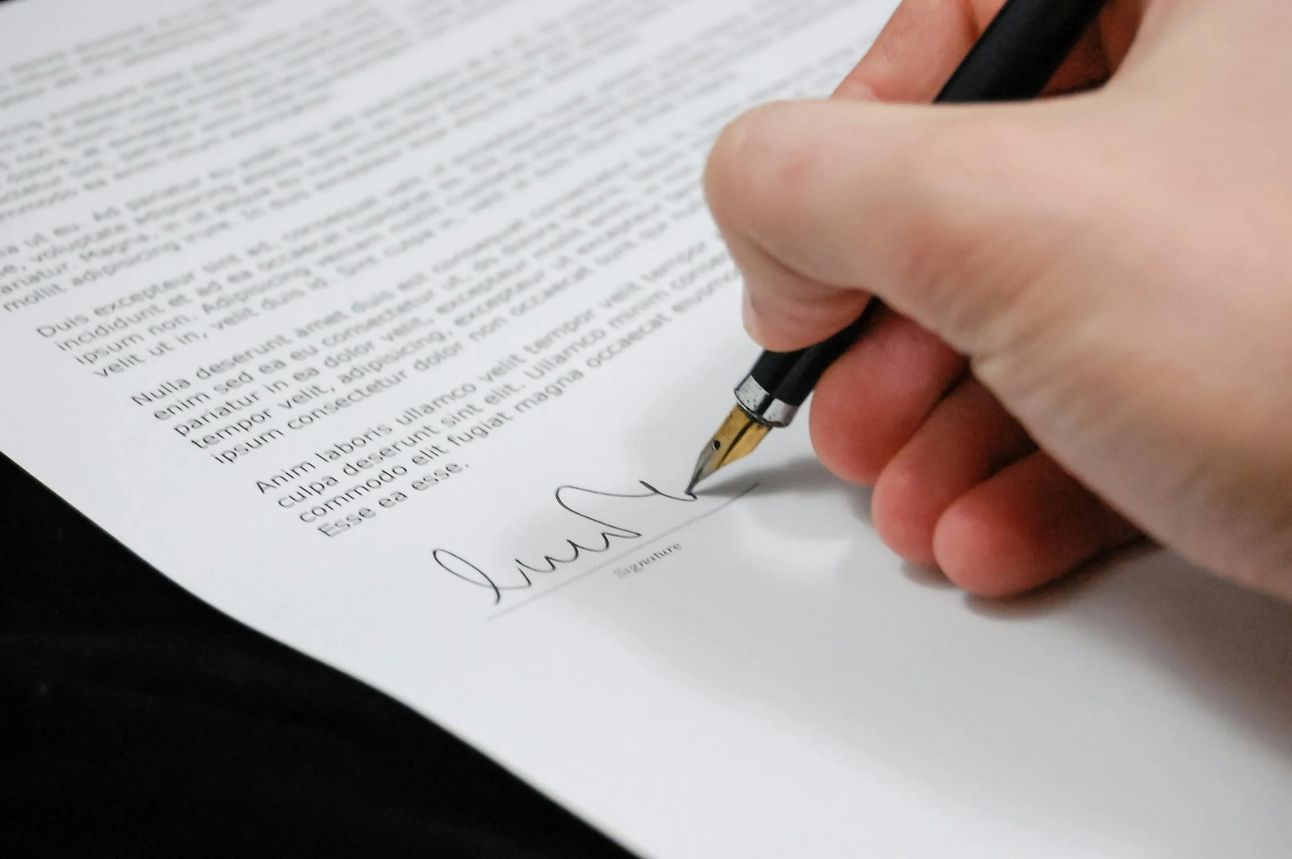- PropertyExplained
- Posts
- Understanding Leasehold vs Freehold Properties in the UK
Understanding Leasehold vs Freehold Properties in the UK
The difference between leasehold and freehold properties
When it comes to purchasing property in the UK, whether as an investment or a primary residence, understanding the difference between leasehold and freehold properties is essential.
Both types of ownership have their advantages and disadvantages, and it's important to weigh them carefully before deciding which option is right for you.

Freehold Properties
A freehold property is one where the owner owns the land outright, including any buildings or other structures on it.
This means that the owner has full control over the property and can make any modifications or improvements as they see fit. They also do not have to pay any ground rent or service charges to any other party.
Freehold properties are typically easier to sell and hold their value better than leasehold properties.
They also give the owner more flexibility in terms of home modifications and renovations, making them a popular choice for families or those who plan to stay in the property for a long time.
Leasehold Properties
In contrast, a leasehold property is one where the owner only owns the property for a set period of time, usually 99 or 125 years.
During this time, the leaseholder pays an annual ground rent to the freeholder or landlord who owns the land.
In addition, they may also have to pay service charges for the upkeep of common areas or shared facilities.
Leasehold properties typically have more restrictions in terms of modifications or renovations, as the leaseholder is essentially just a tenant rather than the owner of the property.
When the leasehold period expires, the ownership of the property reverts back to the freeholder or landlord.
This can make leasehold properties less attractive to potential buyers, and they may not hold their value as well over time.
Conclusion
Ultimately, the decision to purchase a leasehold or freehold property depends on your individual circumstances and priorities.
While freehold properties offer more control and flexibility, leasehold properties can be a more cost-effective option for those who don't intend to stay in the property for a long time.
Before buying any property, it's essential to have a thorough understanding of the terms of ownership and any associated costs.
Seeking advice from a qualified professional such as a solicitor or property expert is also recommended to ensure you make an informed decision.